Why are hotels increasingly embracing eco-friendly practices? In today's dynamic landscape, the integration of sustainable principles has become crucial across industries, and the hospitality sector is no exception.
As hotels strive to reduce their environmental footprints, sustainable technology emerges as a powerful ally in this endeavour. This article will explore how hotels can harness technology to implement eco-friendly practices and create a more sustainable hospitality sector.
Addressing the problem: why hotels need to be sustainable
According to various researchers, tourism generates around 8% of all anthropogenic CO2 emissions globally. And the hotel business is a major part of the tourism industry.
While hotels work tirelessly to host travellers and create lasting memories, their day-to-day operations exhaust natural resources and generate waste. This can result in substantial environmental issues, such as climate change and pollution. But here's the silver lining: hotels are waking up to this responsibility and choose to be sustainable.
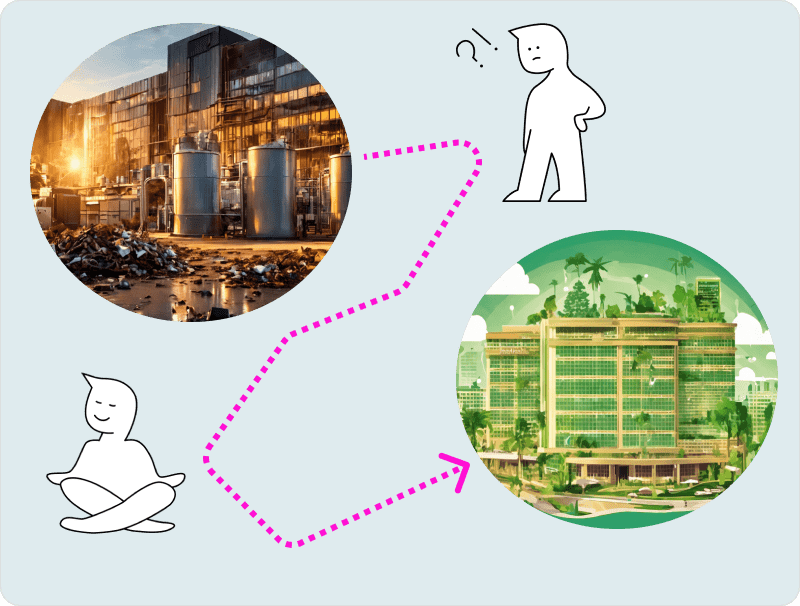 The path to sustainability
The path to sustainability
There are several reasons why hotels are shifting towards sustainable practices:
- Guest demand
Travellers are increasingly conscious of their carbon footprint and actively seeking accommodations that reflect their commitment to social responsibility and sustainability.
A 2021 survey by Booking.com found that 83% of global travellers consider sustainable travel essential, with 61% stating that the pandemic has increased their desire to travel more sustainably in the future.
- Regulatory compliance
Government policies such as carbon taxes and reporting requirements are making unsustainable practices more expensive. Adopting sustainable practices helps hotels comply with environmental regulations.
- Cost savings
Measures like energy and water reduction lead to lower utility bills, while waste minimisation reduces disposal costs. Sustainability often aligns with operational efficiency. For instance, composting food waste instead of sending it to landfills can decrease waste hauling needs and fees, resulting in significant annual savings for hotels.
Navigating the solution: embracing sustainable technology
In response to challenges mentioned earlier, hotels are actively embarking on a journey towards sustainability. This journey involves a gradual and determined shift towards adopting practices that are environmentally responsible.
For instance, consider Marriott's actions in the year 2020. Marriott announced goals to become more sustainable. They aimed to reduce water use by 15%, cut carbon emissions by 30%, decrease landfill waste by 45%, and reduce food waste by 50%. They also wanted to use at least 30% renewable electricity by 2025.
One potent strategy is to embrace technology-oriented solutions to realise sustainability objectives.
Integrating sustainable technologies empowers hotels in two remarkable ways:
- First, it boosts competitiveness.
As environmental concerns grow, people value responsible choices. Hotels that embrace eco-friendly practices become magnets for conscious travellers. It's not just about fancy gadgets; it's about using clean energy, cutting waste, and being savvy with resources. This modern and caring approach appeals to travellers' sensibilities.
- Second, it trims expenses significantly.
By efficiently implementing eco-friendly services, hotels can save money. Energy-efficient lighting and smart water management cut bills. Eco-friendly practices also shrink waste management costs. This financial wisdom complements the environmental gains, fostering a win-win scenario for hotels.
The role of technology in reducing waste
Picture this: every day, hotels churn out piles of waste, from plastics to paper.
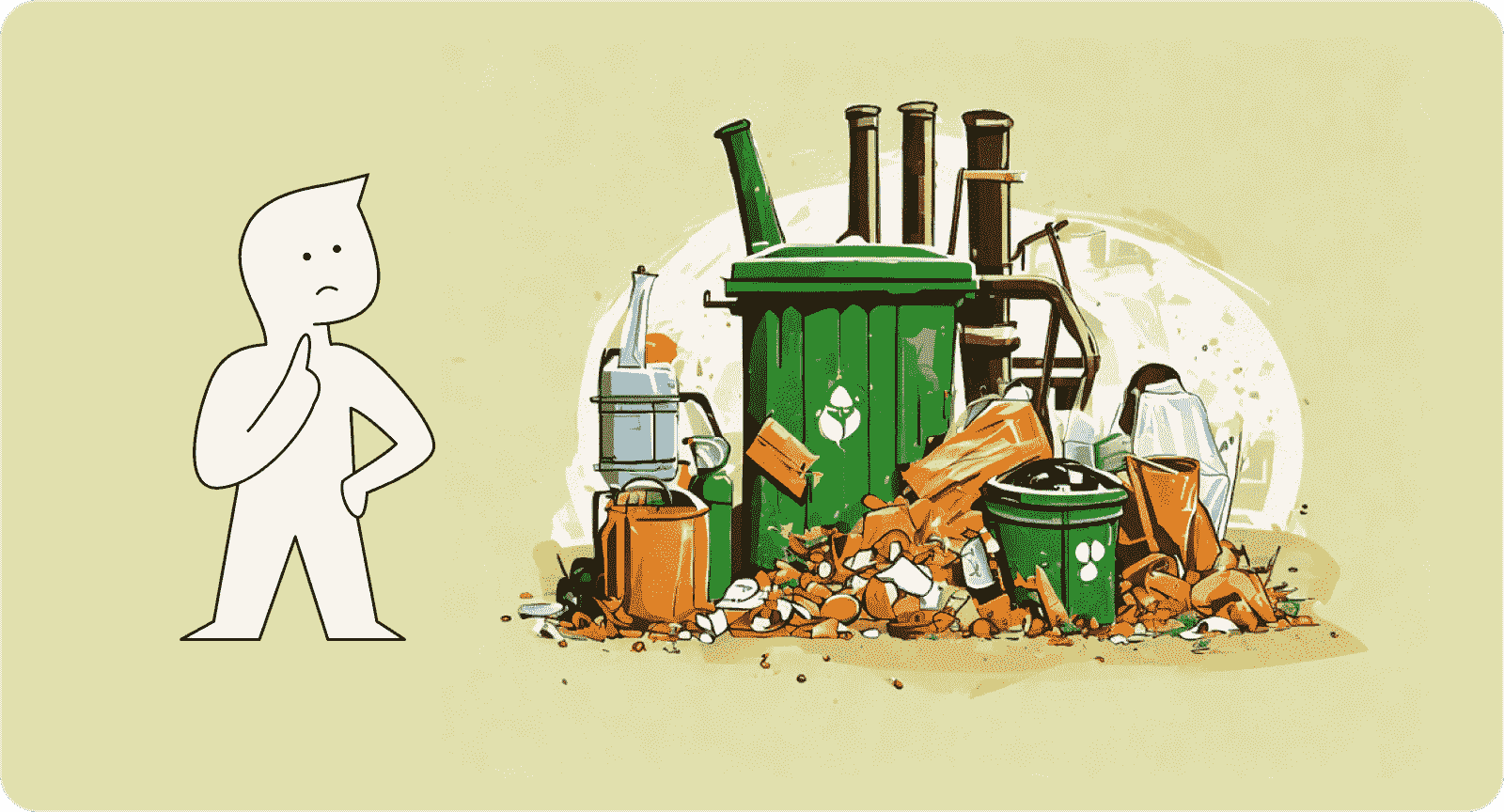 Waste has become a huge problem for hotels
Waste has become a huge problem for hotels
It's a problem that needs solving, and it's happening in the hospitality world. But here's where technology steps in, like a helpful hand.
For example, traditional pen-and-paper methods in hotels require constant paper, printing resources, and physical storage space, which are costly and environmentally unsustainable. By adopting digital solutions, paper is unnecessary as all data is entered, saved, and monitored digitally.
 How technology helps in reducing waste
How technology helps in reducing waste
Here is how we can help at TagPoint: our digital consumables log simplifies things for hotel staff. They can easily track and manage how much of items like toiletries and cleaning supplies are being used. This digital log keeps everything organised, giving a clear picture of usage patterns. It's like having a smart plan in place for smooth operations.
By reviewing the data collected through TagPoint, hotel management can pinpoint trends, patterns, or anomalies in consumption. This knowledge enables informed decision-making to reduce waste, optimise purchasing and inventory management, and ultimately minimise costs.
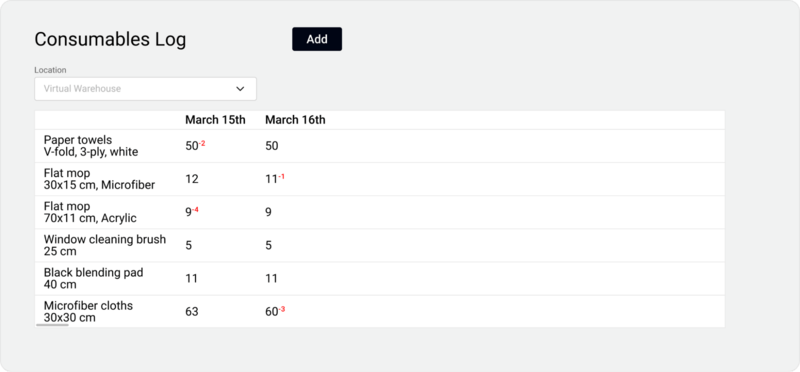 An example of digital consumables log
An example of digital consumables log
Technology-driven waste management systems also provide real-time data collection, analysis, and monitoring.
In conclusion, with the help of technology, hotels can embrace a proactive strategy for waste management, reducing waste generation, and enhancing recycling initiatives.
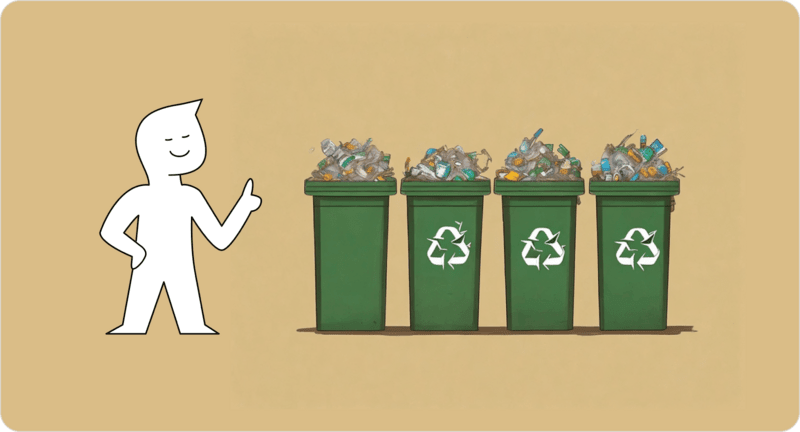 Going digital = becoming sustainable
Going digital = becoming sustainable
The contribution of technology to energy and water conservation
Energy and water consumption are also of paramount importance when it comes to minimising environmental footprints within hotels.
Hotels can optimise energy use through smart automation systems. These sustainable technologies monitor and control usage based on occupancy.
-
If conference areas are vacant, sensors detect this lack of motion. The automation then turns off unnecessary lighting in these unused spaces. This prevents energy waste.
-
If public areas like the lobby or restaurant see heavy traffic, lighting remains bright to accommodate guests. But dimmers scale back illumination in corridors with less foot traffic.
-
If the HVAC system is heating or cooling unbooked rooms, controls adjust the temperature setpoints. This avoids excess energy for climate control where not needed.
By using sustainable technology to monitor and control energy usage, hotels can reduce their carbon footprint and energy expenses.
Similarly, sustainable hospitality solutions can help hotels conserve water. Technologies such as smart meters provide real-time data on water consumption, enabling hotels to identify areas of high usage and implement targeted conservation strategies.
There are also leak detection systems that can quickly identify and address water leaks, reducing water waste.
-
If the building has any leaks in plumbing fixtures or irrigation, leak detection systems raise alerts. Staff can then quickly fix leaks before major water is wasted.
-
If water usage data shows spikes in certain areas, hotels can install targeted low-flow or touchless fixtures to save water.
By equipping hotels with water-saving fixtures and real-time metering, consumption is reduced. But guests still enjoy excellent water pressure and responsiveness.
Similarly, efficient inspections and digital checklists, such as those provided by TagPoint, help hotels identify energy and water inefficiencies, enabling the managers to take corrective measures and optimise their resource usage.
Hotel staff can systematically evaluate energy and water usage within the hotel. For example, during inspections, staff can note if lights are left on unnecessarily if HVAC systems are running when not needed, or if there are leaks or malfunctions in plumbing fixtures.
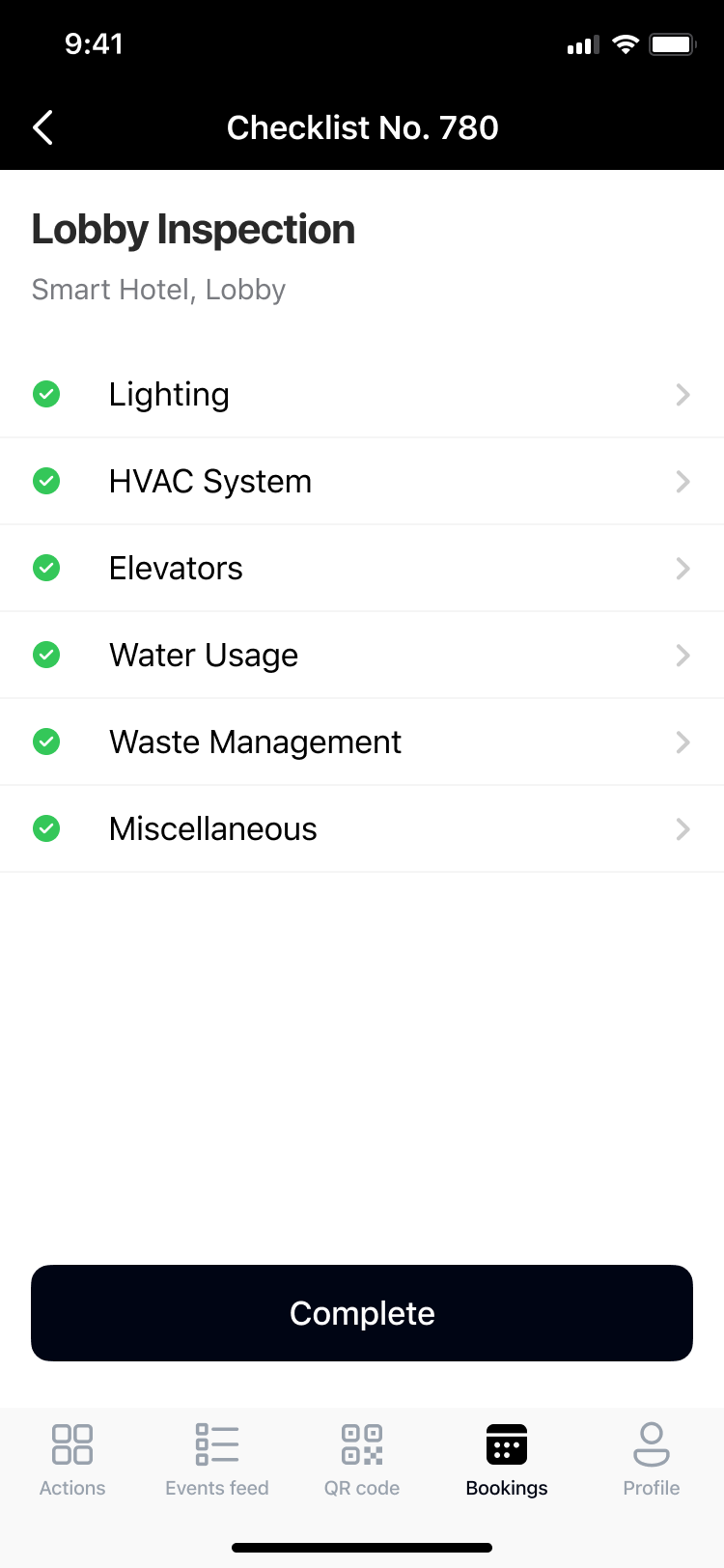
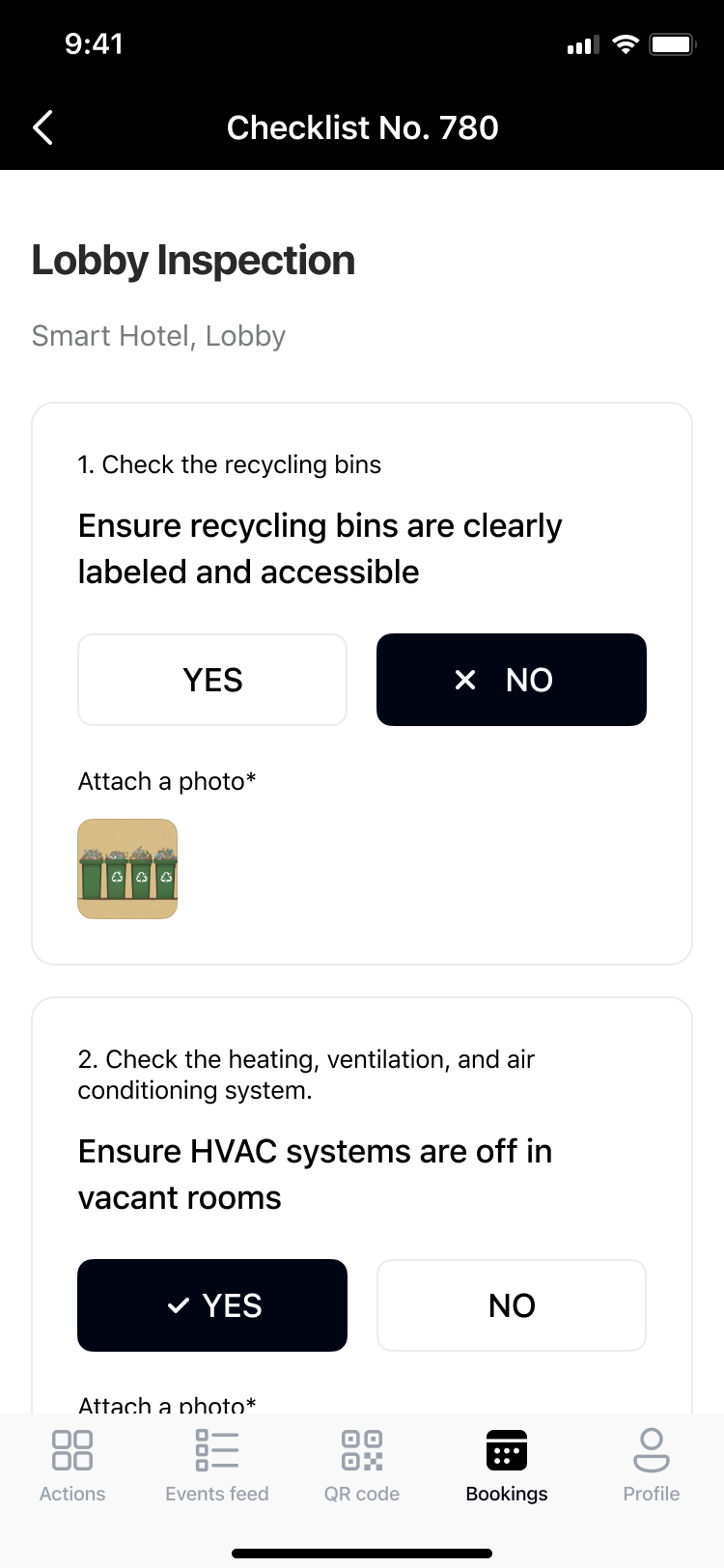
An example of digital inspections and checklists
By regularly inspecting equipment, systems, and facilities, hotels using TagPoint can identify and address potential issues before they escalate into costly repairs or disruptions to guest experiences.
Taking action today
Embarking on a sustainable journey doesn't need to be complex, especially if you're new to this path. Here are some simple steps you can put into action right away.
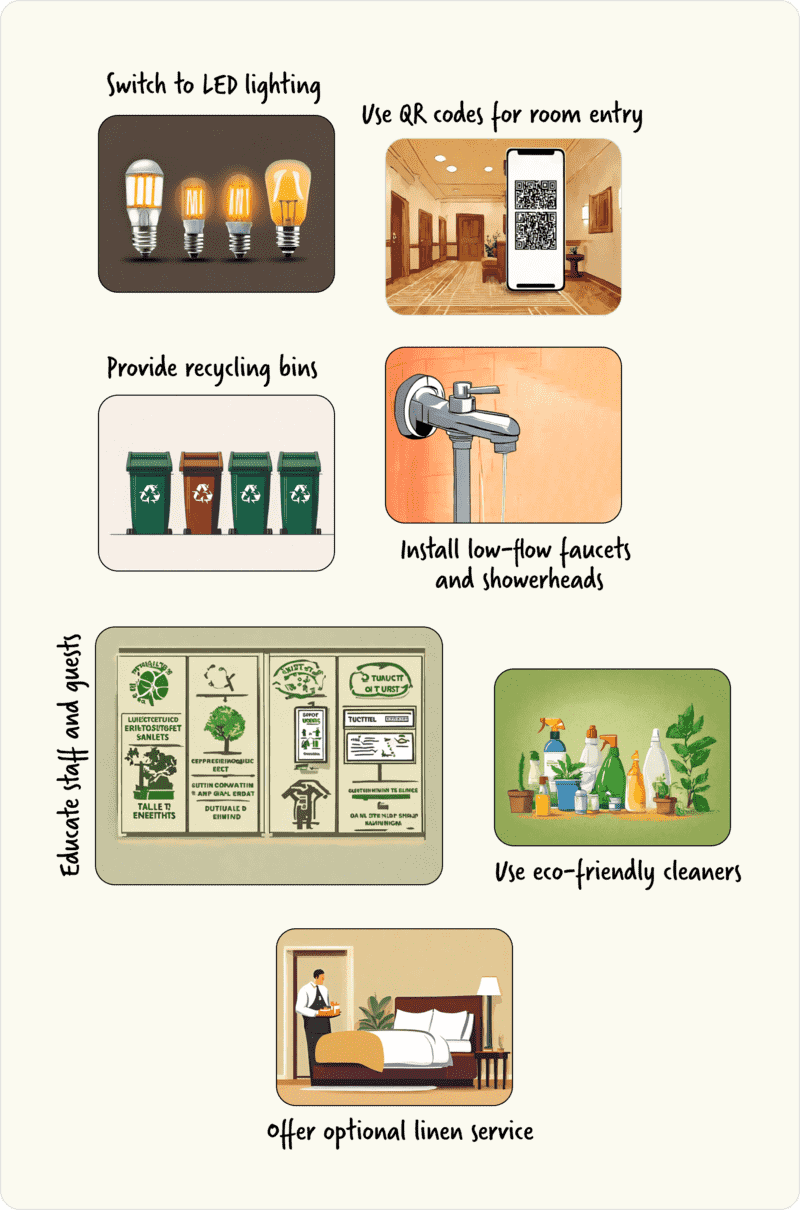 Easy ways to go green for hotels
Easy ways to go green for hotels
- Switch to LED lighting
Replace incandescent and CFL bulbs with LEDs which use at least 75% less energy. This can be done gradually as bulbs burn out.
- Use QR codes for room entry
Integrate QR codes for room entry, offering a sustainable alternative to plastic key cards and paper check-in cards. QR codes not only reduce waste but also contribute to lowering operational expenses while enhancing the guest experience.
For personalised assistance, don't hesitate to reach out to us. We're here to provide expert guidance on crafting the appropriate material and text for your QR code labels.
- Provide recycling bins
Have clearly labelled bins for paper, plastic, glass and aluminium. Partner with local recyclers.
- Install low-flow faucets and showerheads
They use 30-50% less water than standard models. Aerators on faucets help too.
- Offer optional linen service
Instead of changing them every day, ask guests if they want fresh towels and sheets.
- Use eco-friendly cleaners
Replace harsh chemicals with green cleaning products certified by EcoLogo, GreenSeal etc.
- Educate staff and guests
Train staff on sustainability practices and inform guests through signs and reminders. For example, place signage near lights switches reminding to turn off lights when not in use, or add stickers on thermostats with energy-saving temperature settings.
If you're ready to take even more significant strides, explore automation systems that align with your budget and sustainability objectives. This paves the way for a purposeful journey toward a more environmentally conscious future.
By leveraging digital tools and innovative solutions, hotels can reduce waste, conserve energy, and minimise water usage. Integrating sustainable technologies helps hotels improve their environmental footprint and enhances operational efficiency and guest experience.
Although TagPoint is not focused on all aspects of sustainability, it is a comprehensive hotel CMMS system built with sustainability in mind as well. Request a free demo of TagPoint today to discover how technology can drive positive environmental change in your hotel and assist in your sustainability journey. Together, we can create a more sustainable and eco-friendly hospitality industry.




